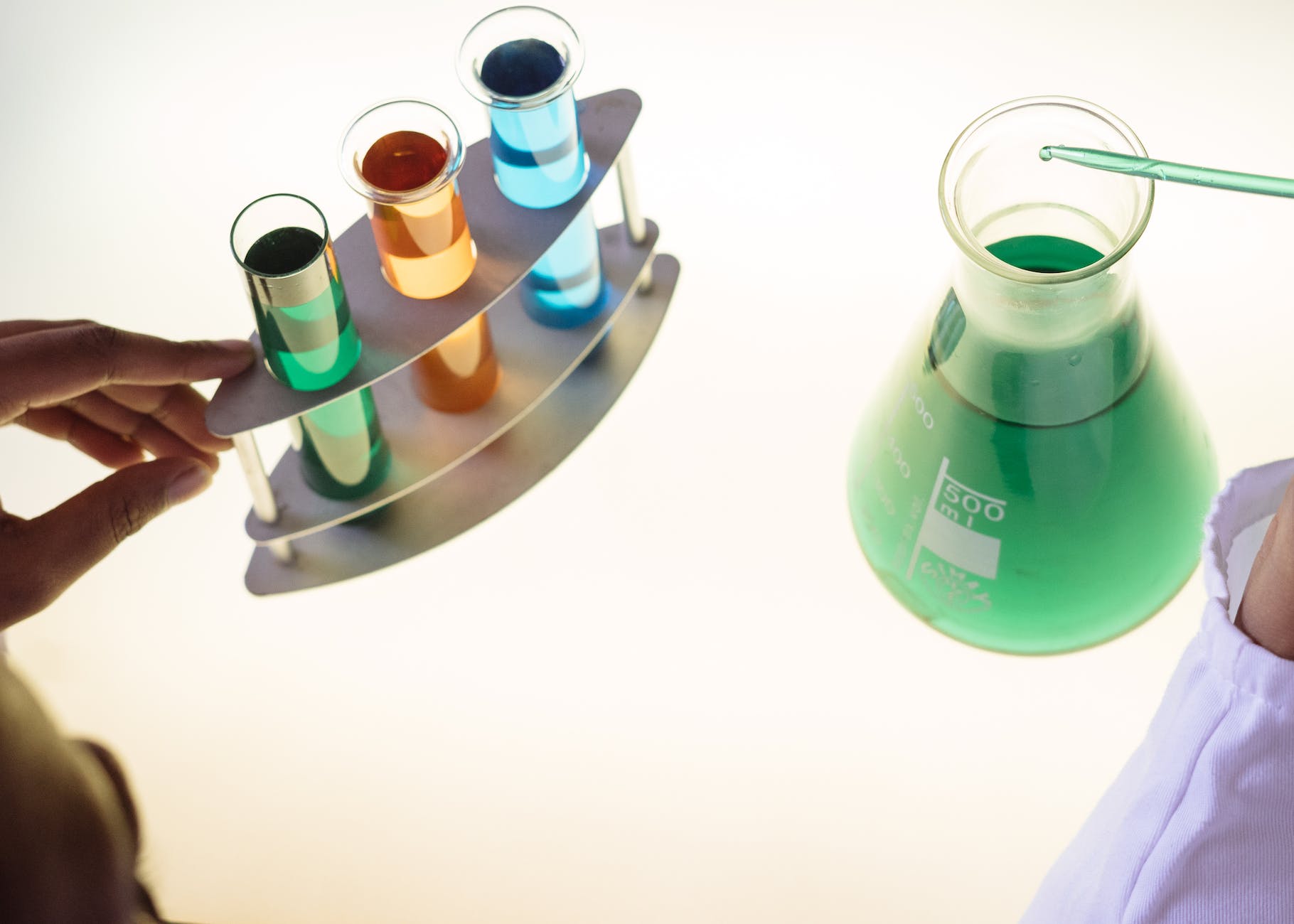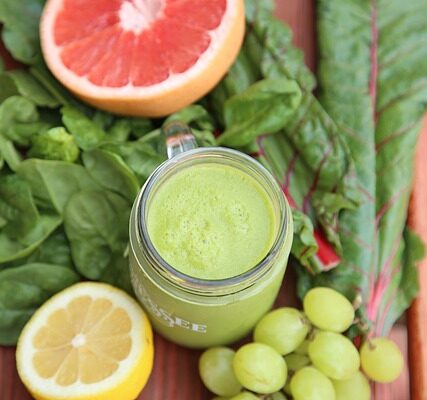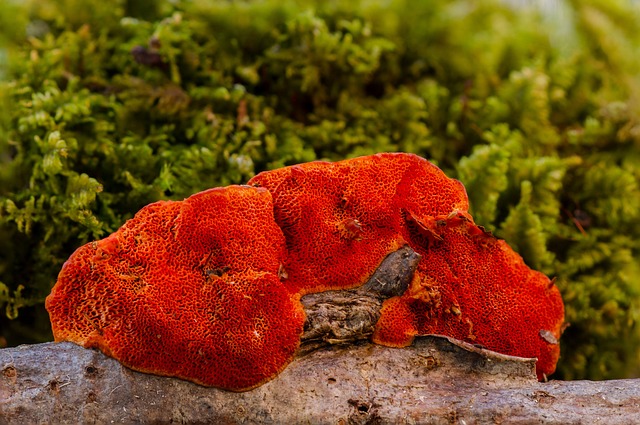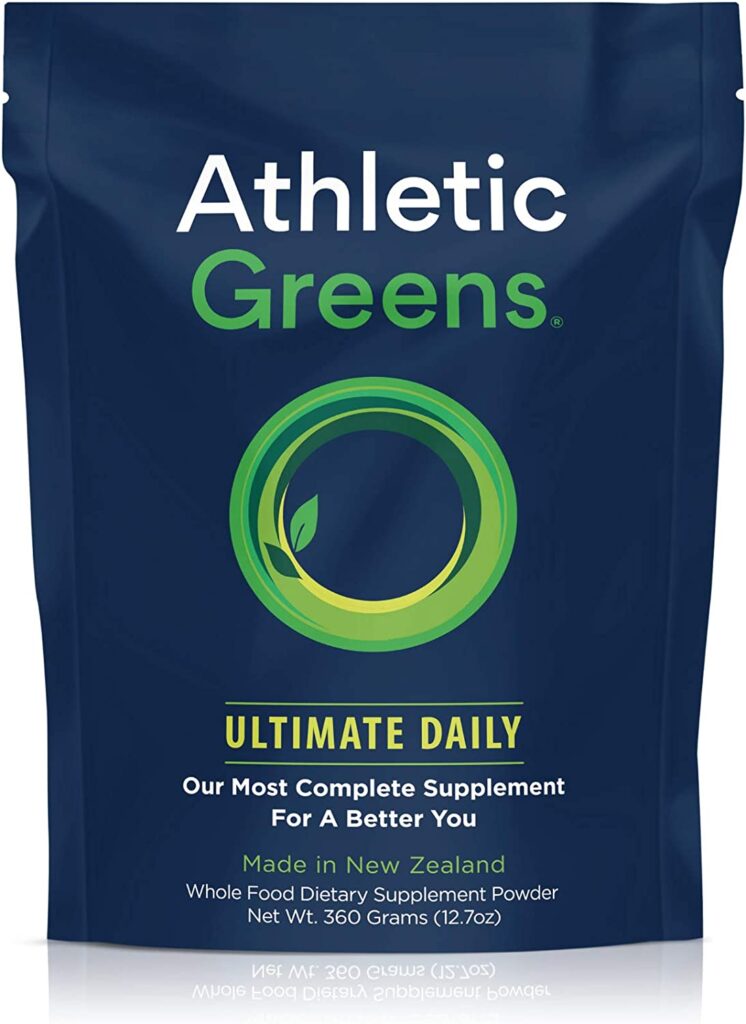Ingredients to Look Out For in Greens Powders: Why Are We Wary of Certain Ingredients?
Click Here to Read Part 1 of Greens Powders
Click Here to Read Part 2 of Greens Powders
It is critical to thoroughly study a supplement’s ingredient list and nutrition facts panel to determine which components are included and how much of each ingredient is included in relation to the recommended daily value of that ingredient.
Please bring the supplement label to your healthcare provider so that they may review the various chemicals in the supplement as well as any potential interactions between these substances and other supplements or drugs you are taking.
There are dozens of green powders to pick from on the market. While they may appear to provide similar benefits, many of them include questionable ingredients or have not been third-party vetted by a credible body. We are very picky about the products we recommend because greens powders have not been fully investigated and do not include standardized ingredients.
The inclusion of adaptogenic herbs and mushrooms is one of the most alarming things to look for in greens powders. While some adaptogenic herbs may be perfectly safe and beneficial to particular populations, there is insufficient data to confirm their efficacy and safety for the general population—and in other circumstances, they may even be harmful.
Adaptogenic Mushrooms
Some greens powders contain adaptogenic mushrooms such as reishi, which are known to interact with popular pharmaceuticals such as blood pressure meds, diabetic medications, and certain cancer treatments, and their safety is unknown.
Rhodiola is another chemical that has not been thoroughly researched in people, but we do know that it interacts with a variety of antidepressants, blood pressure meds, diabetic medications, cholesterol medications, immunosuppressants, and other pharmaceuticals that are broken down in the liver.
Aside from adaptogenic herbs, it’s critical to be aware of additional components that may be troublesome for some people.
Digestive enzymes
Digestive enzymes provide no value for healthy people in general.
While additional research is needed, digestive enzymes appear to provide little to no assistance to patients suffering from digestive issues unless an enzyme shortage is present. Digestive enzymes are most suited for persons with confirmed enzyme deficits such as lactose intolerance or other recognized digestive problems that may induce symptoms such as gas or bloating after eating specific foods. If you are diagnosed with any of these problems, we recommend using a special digestive enzyme supplement that addresses your unique issue.
Probiotics
Many greens powders have minimal levels of probiotics, similar to what you’d find in yogurt (though doses vary). While you may have heard that probiotics are healthy, there are many different types of probiotics and no clear guidelines for which strains, strain combinations, or doses the general population should take. “We do not have strong evidence of any benefits of probiotic supplementation for general health. Specific probiotic strains have been proved in clinical trials to treat a small number of gastrointestinal problems, but they are not the bacteria found in a powdered greens product,” adds Finkel. However, probiotics can aggravate some digestive disorders, so consult your healthcare professional before using a probiotic supplement.
Brands we did not Include on Our List.
You may have noticed that we did not recommend a few popular brands of greens powder. This is not because they are of poor quality or harmful but because they contain compounds that require additional research to properly appreciate their safety in various groups. They may interfere with medications and cause stomach issues in certain people.
Athletic Greens is a popular greens powder supplement that contains adaptogenic mushrooms and Rhodiola and may be healthy for persons with no health issues. However, it did not make our list since there is insufficient study on this chemical in people for us to feel confident in suggesting it, and individuals on certain medications should proceed with caution.
Bloom Greens & Superfoods was not included on our list since it contains an adaptogenic blend of Rhodiola and other herbal extracts, as well as seven digestive enzymes. These chemicals may be safe for some people, but there isn’t enough evidence to back up their efficacy or safety, especially when they’re combined. They may be dangerous to certain people, particularly those suffering from digestive disorders or on certain drugs.
There are other more brands on the market that include substances such as holy basil, Ginkgo biloba, and others. Other popular brands that did not make our list due to these components are Nested Health Super Greens and Vibrant Health Green Vibrance.
How We Choose Supplements
Our staff works hard to be open and honest about why we recommend specific supplements; you can learn more about our dietary supplement methodology here.
We advocate evidence-based and scientifically based supplements. We place a premium on specific product characteristics that we believe are connected with high-quality items.
It is vital to note that the F.D.A. does not assess dietary supplements for safety and efficacy before they are released to the public. To choose the supplements we prescribe, our team of specialists developed a detailed, science-backed methodology.
What to Look for When Purchasing Greens Supplements
Third-party testing is not created equal. Supplement firms are not uncommon in paying labs for certificates despite completing little to no testing.

ConsumerLab.com, N.S.F., and U.S.P. are three third-party certifications we may rely on. However, because these certifications are difficult to obtain and/or costly for manufacturers, many businesses prefer not to have their products inspected by one of these three organizations.
Products examined by these three companies are sometimes more expensive in order to cover the cost of certification.
Simply because a supplement hasn’t been evaluated by one of these three companies doesn’t mean it’s a dud. We recommend conducting some research on the product’s reputation and phoning the manufacturer and their testing facility to discover their processes and decide whether you are comfortable using the supplement.
Possible Heavy Metals in These Powders
Some green granules are suspected of being tainted with heavy metals such as lead. In fact, Consumer Lab discovered lead in two items after testing 16 greens powders and other whole food supplements.
The amount in these goods was lower than the F.D.A. ‘s adult requirements but more than the considerably stricter limit proposed by California Proposition 65, which requires a lead warning label. As a result, it is critical to select a product that has been third-party evaluated.
Greens powders may also contain substances that are prohibited in high-level competitive sports. Therefore any competitive athlete should look for one that has been third-party evaluated, particularly for sport, such as N.S.F. certified for sport.
Form
Greens powders are often a powdered combination of leafy greens, seaweed, vegetables, fruits, extracts, probiotics, enzymes, and herbs. While most powders have high levels of vitamins and minerals, no research has been conducted to determine the bioavailability (the quantity of these nutrients that your body can absorb) of these nutrients in this form. It could include consuming fresh or frozen fruits and vegetables.
Dosage of Greens Powder
Always consult with a healthcare practitioner before incorporating a supplement into your routine to confirm that the supplement is appropriate for your specific needs and that you understand how much to take.
There is no recommended dosage for greens powders, and the proportions of ingredients and nutrients vary greatly. To ensure that you are ingesting safe levels of each nutrient, study the N.I.H.’s Recommended Dietary Allowance and Tolerable Upper Limits for each item.
What is the limit?
It is critical that your greens powder does not contain an excessive amount of any one vitamin. Because your body filters and removes extra water-soluble vitamins (B vitamins and vitamin C), these nutrients are less likely to cause harm.
However, very high amounts of these minerals in supplement form can still cause undesirable side effects. Furthermore, fat-soluble vitamins (vitamins A, D, E, and K) get stored in fat tissue and can be harmful in excess.
Many minerals can potentially be hazardous in large quantities.
You can consult with a healthcare physician about your greens powder and compare the nutrition facts labels to the higher limits recommended by the N.I.H. Office of Dietary Supplements.
To Conclude
Sarah Anzlovar, MS, R.D.N., L.D.N., is a registered dietitian who earned her master’s degree in nutrition communication from Tufts University’s Friedman School of Nutrition Science and Policy.
She runs a private business in the Boston suburbs, where she teaches her clients how to avoid diets and consume foods that make them feel their best and achieve optimal health.


